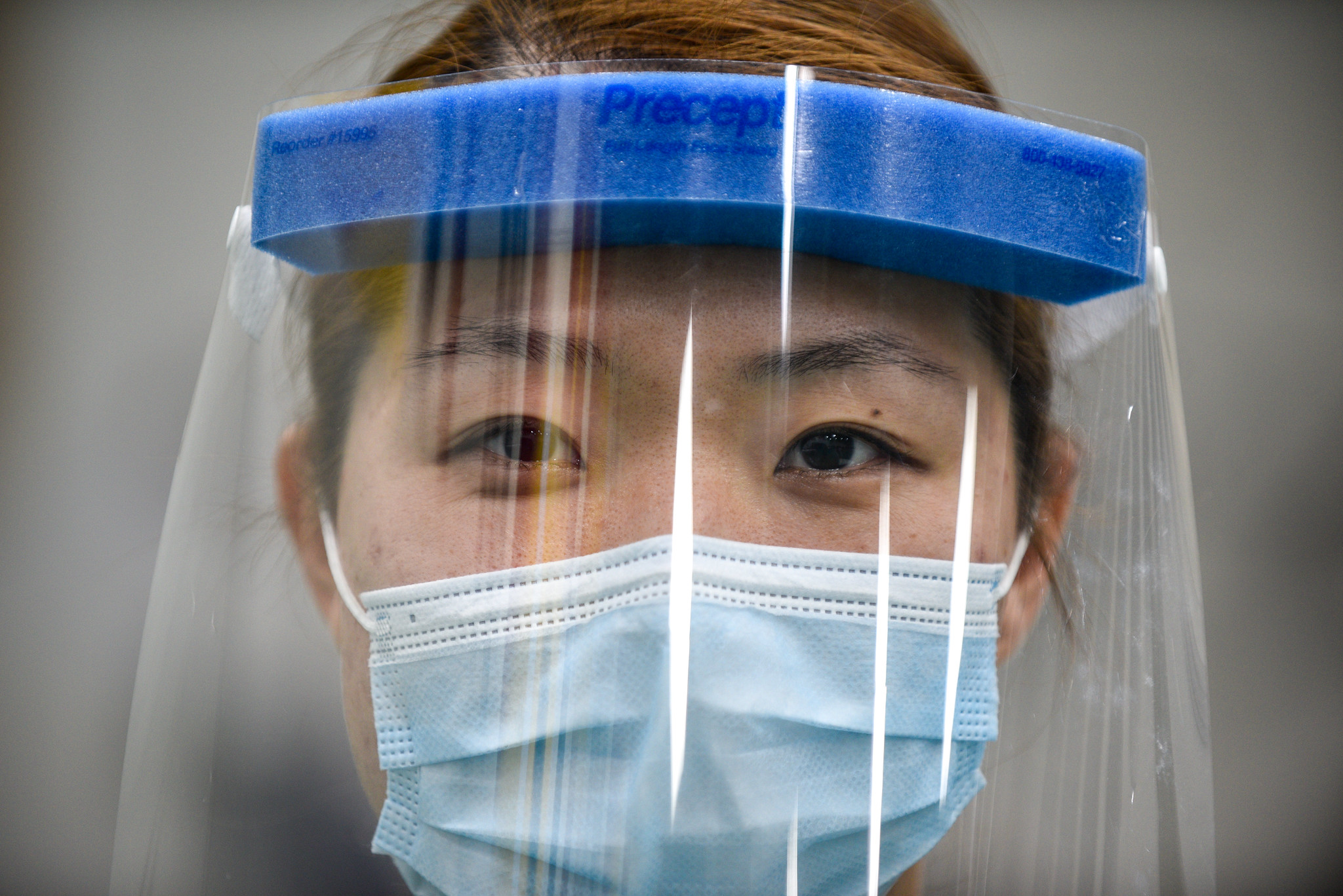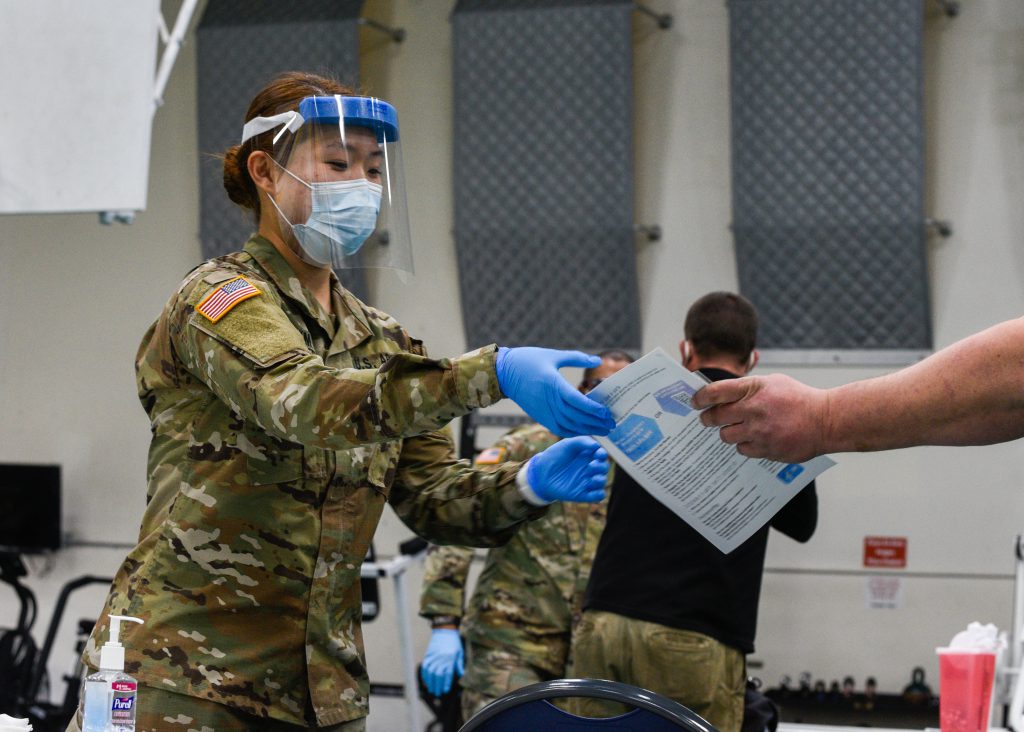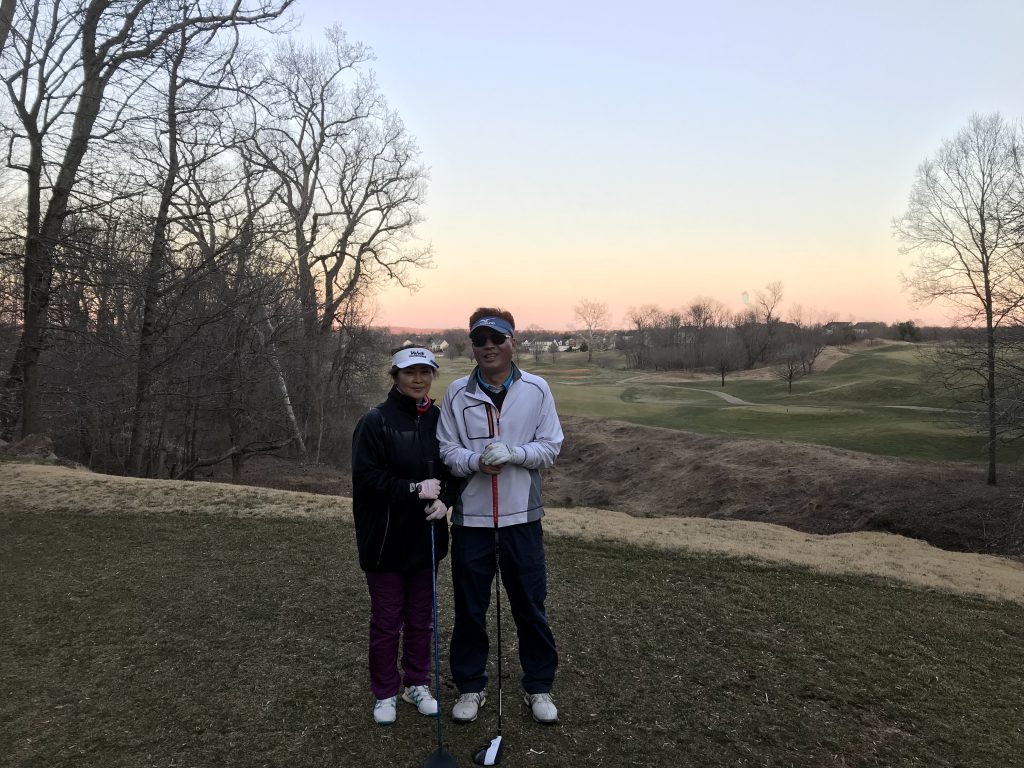Behind The Uniform: Sgt. Sarah Kim
By Spc. Tom Lamb, 29th Mobile Public Affairs Detachment

U.S. Army Sgt. Sarah Kim, a Healthcare Specialist with the 104th Medical Company Area Support, has helped support the Maryland National Guard COVID-19 response. She joined the active Army in 2015 before transferring to the MDNG in 2020 to continue to give back to the country that has given her so many opportunities.
In 1990, President George H.W. Bush designated the month of May as Asian American Pacific Islander Heritage Month. May was chosen to commemorate the immigration of the first Japanese to the U.S. on May 7, 1843, and to mark the anniversary of the completion of the transcontinental railroad on May 10, 1869. The majority of workers on the western portion of the line were Chinese immigrants.
Kim’s favorite thing about serving is the variety of people and locations someone can experience in the military. During her time in the guard, Kim worked on the COVID-19 support mission with the 104th MCAS. For two months she was a vaccinator at the Coast Guard yard in Baltimore, serving the community during the early vaccination efforts in Maryland.
“I loved being sent to different locations and meeting different people from different regions of this country,” said Kim. “Such exposure really opened my eyes and helped me understand and learn about who we are as people and truly experience the process of being ‘melted’ into the melting pot.”
Assimilating into any culture is not an easy task. Kim has been determined to not only be a part of American culture, but give back.
“As a first generation immigrant to this country, I can’t thank [the American people] enough for all the opportunities that this country has offered to me,” said Kim. “To return the favor, I wanted to truly become a part of the building stones of this country and the military was what I chose to jump right into.”
Asian Americans and Pacific Islanders make up about 5% of the U.S. military, 1% of the Maryland Army National Guard, and 5% of the Maryland Air National Guard. Kim sees them as an inspiration and a face to an otherwise private community.
“I found it to be very empowering to come across different Asian Soldiers, especially those in higher positions,” said Kim. “Not because of what they have accomplished in the military, but because they are a living message that whispers to me ‘Sarah, we already are a part of pillars of the foundation.’”

Becoming that inspiration is one of Kim’s goals. She mentioned her hopes of becoming an officer after finishing her bachelor’s degree. Currently she is going to school and between semesters supporting the COVID-19 mission.
“I hope that one day, I do become someone’s empowerment whether they’re in or out of the military. [I hope] to help them realize [they are] not limited for being [immigrants]” said Kim. “At the end of the day, we’re someone’s loved ones with all different individual stories and one common theme that ties us together — the military.”
AAPI heritage month fills Kim with gratitude, to her the month is about reflecting on the sacrifices that previous generations have made to improve the lives of Asians in America. Asian Americans, Native Hawaiians, and Pacific Islanders have endured a long history of injustice — including the Page Act of 1875, the Chinese Exclusion Act of 1882, the incarceration of Japanese American citizens during World War II, the murder of Vincent Chin, the mass shooting of Southeast Asian refugee children in 1989, and the targeting of South Asian Americans, especially those who are Muslim, Hindu, or Sikh, after the national tragedy of 9/11. These past atrocities have shaped the AAPI communities and by looking back we can recognize the value diversity brings to our nation.
“I think back on everything that my parents had to sacrifice to get me where I am today. I don’t think I can measure the amount of sacrifices that any immigrant’s parents had to make for the betterment of their children,” said Kim. “To me, this month is truly about appreciating all the parents and guardians who made sacrifices for the upcoming Asian communities.”
Kim looks up to her step father, Young Oh, as the most influential Asian American in her life.
Oh came to the U.S. when he was in high school and got a job working part time at a dry cleaner to help his family out. He decided that it was more important to take care of his family and has been working full time since graduating high school. Now he runs a contracting company servicing the East Coast, and makes time for his family and his love of golf.

“My step dad is a very well-rounded talented guy,” said Kim. “He’s always open to learning and is great at performing what he’s learned.”
Kim has accepted a temporary technician position as a health system specialist with the Maryland National Guard and will be back to actively serving our community again soon.
